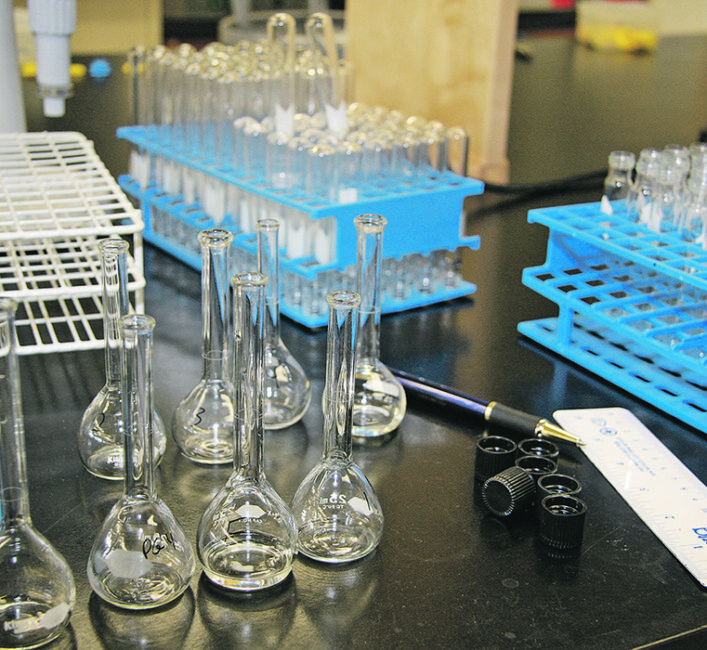GM crop opposition called outdated

The Cartagena Protocol on Biosafety (CPB) is an international agreement developed by governments and environmental organizations opposed to the commercialization of genetically modified crops and agricultural biotechnology. Drafted in 2000, the CPB is a sub-agreement of the United Nations Convention on Biological Diversity. To date, 90 countries have ratified the CPB, but the major GM crop-producing countries have not signed on, including Argentina, Australia, Canada and the United States.
The scope of the CBP is provided in Article 4, which says, “this protocol shall apply to the transboundary movement, transit, handling and use of all living modified organisms that may have adverse effects on the conservation and sustainable use of biological diversity, taking also into account risks to human health.”
This scope outlines how narrowly focused the CPB is designed to be because it does not focus on other aspects of agriculture that have adverse effects on the environment, such as organic farming or monoculture cropping.
By narrowly focusing on international trade, the object of the CPB was to be able to serve as justification for countries to reject GM crop production of commodities that are commonly exported, such as corn or soybeans, and to reject GM crop imports.
CPB is obsolete because 25 years of safe, GM crop production have refuted the claims and fears made by environmental activist organizations.
In the past 30 years, there have been 4,485 risk assessments conducted by federal regulatory agencies in more than 70 countries, none of which found any difference in risk between GM crops and conventional, non-GM crops.
The environmental benefits of GM crops are confirmed by the quantification of 775 million kilograms fewer pesticide applications during the period from 1996 to 2019. GM crops require fewer chemical applications, resulting in GM crops having a reduced environmental impact by 18 percent.
The human health benefits are additionally estimated at a potential 100 million fewer cases of pesticide poisoning from chemical applications. Further to the human health benefits, research has confirmed that GM corn reduces cancer-causing mycotoxins by 30 percent.
Evidence confirms the environmental costs of not adopting GM crops. Australia approved GM canola in 2003, but a moratorium on production was implemented in 2004. These moratoriums began to be lifted beginning in 2008 and an assessment of the foregone environmental benefits identified an additional 6.5 million kg of chemical active ingredients applied to canola land.
The additional chemicals resulted in a 14.3 percent increase in environmental impact to farmers, consumers and the ecology, burned 8.7 million litres of diesel fuel and released an additional 24.2 million kg of greenhouse gas and compound emissions.
An assessment of agriculture in the European Union quantifies the dramatic costs of its refusal to adopt GM crops as EU agriculture needlessly releases 33 million tonnes of greenhouse gases compared to the scenario of GM crop adoption. This suggests that the EU’s approach to GM crops is grounded more in politics and perception than scientific evidence.
In the 25 years of safe GM crop production, no credible, peer-reviewed evidence has indicated adverse effects, which confirms how misguided the intentions of the CPB were by the original drafting parties.
The CPB is an agreement that is not grounded in scientific data or evidence but rather is based on politically motivated misperceptions.
If significant improvements in global food security are to be achieved in the coming decade, the barriers imposed by the CPB need to be removed. The time for the CPB to be retired as an international agreement is long overdue.
Stuart Smyth is an associate professor in the University of Saskatchewan’s agricultural and resource economics department who holds the Agri-Food Innovation and Sustainability Enhancement Chair. This article appeared on the SAIFood website. It has been edited for length.
Source: producer.com

